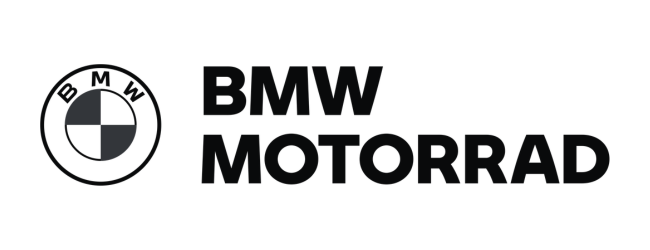We’re an AI accelerator.
AI has created a race for competitive advantage. We get you on the track – then start improving your lap times.
























AI capability and innovation programmes for leaders and teams.
AI-B-C is our comprehensive AI capability-building programme to fast-track organisation-wide AI adoption.
AI Literacy
Long-term executive collaboration to shape AI strategies and build organisational capabilities.
AI Strategy Partner
Innovation Lab
Systematise AI-driven innovation and turn experimentation into tangible business results.
AI-powered market research that delivers faster, smarter, and cost-effective campaign insights for confident decision-making.
AI Campaign Insights
“These guys are deep thinkers. Working with Brilliant Noise we were able to fill in the gaps in one another’s knowledge and develop our approach towards AI as a team. It’s quickly converted into action and a commitment to experiment.”
Guy Keeling, Global Vice President of Digital Commerce, Barilla





